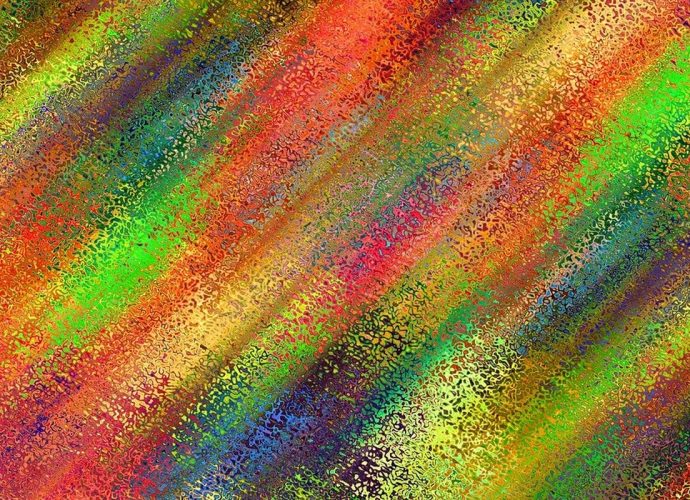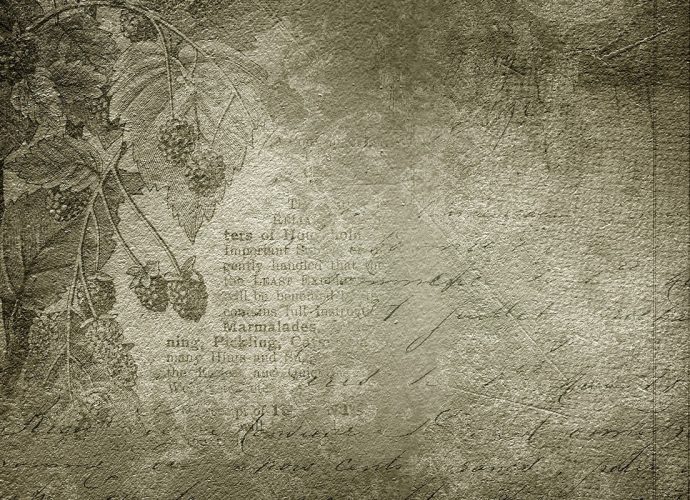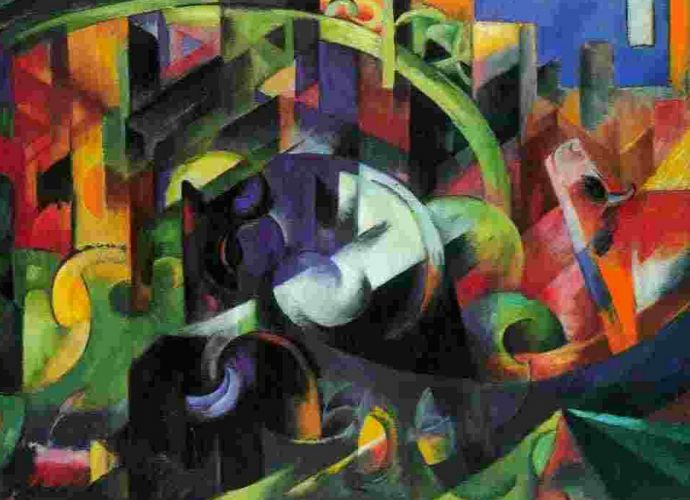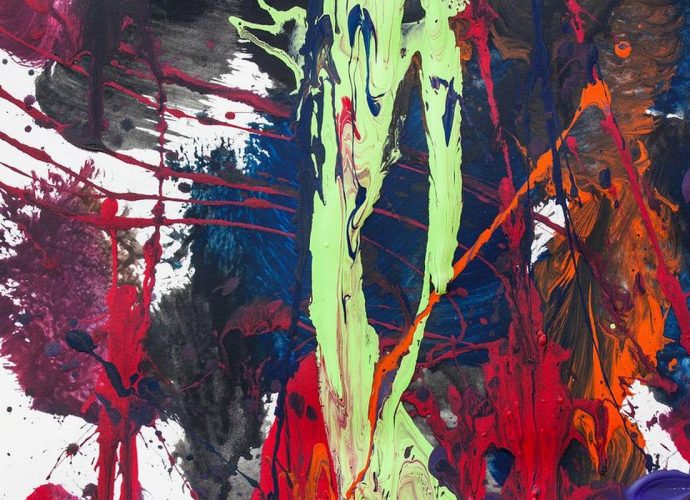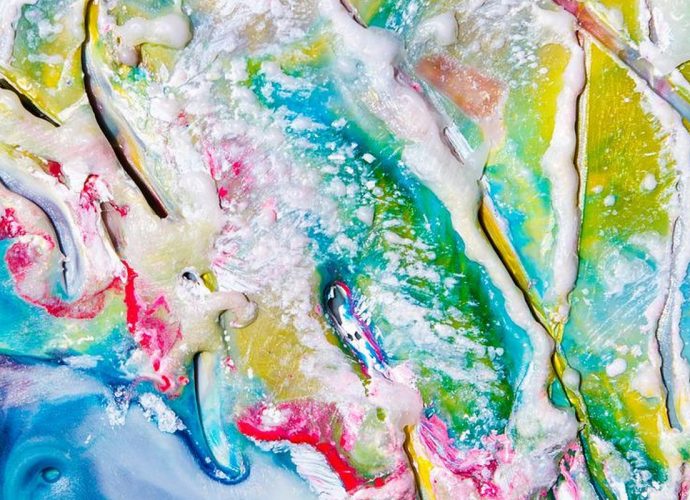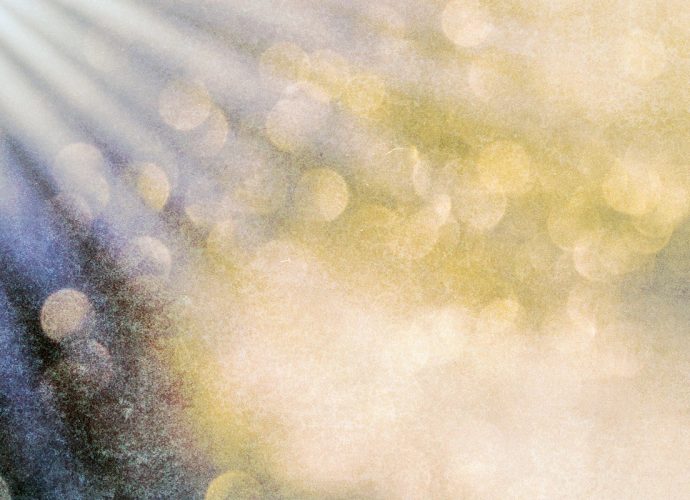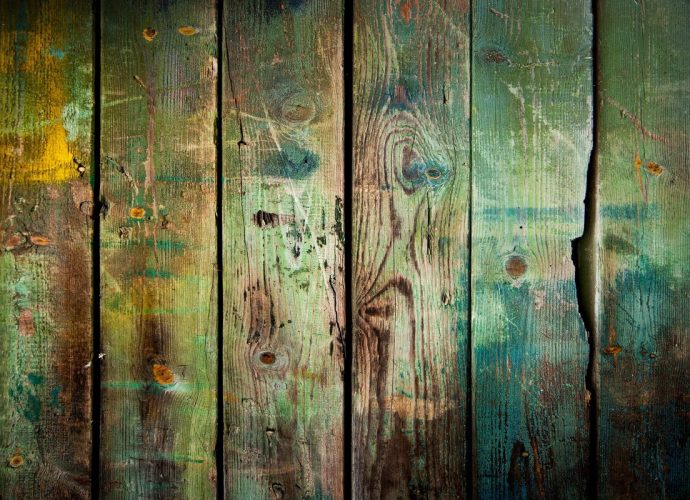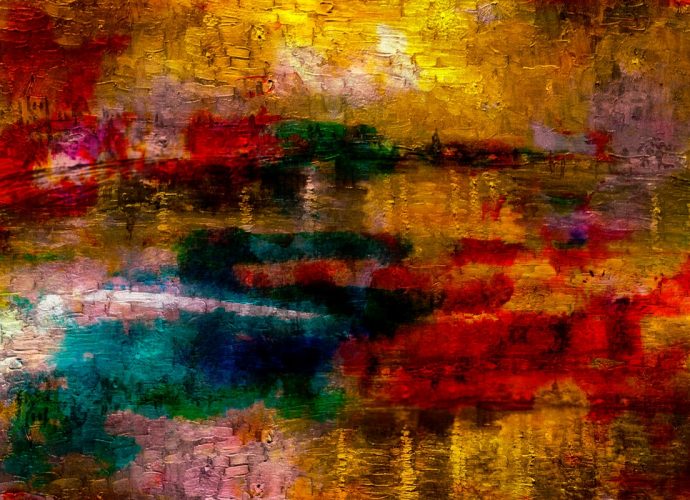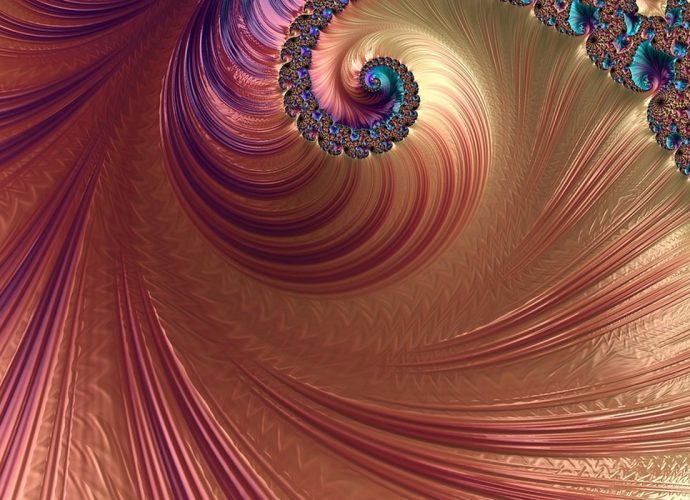Can Gallbladder Problems Cause Pancreatitis?
The two main causes of acute pancreatitis are gallstones and alcohol, accounting for more than 80% of acute pancreatitis. Removal of the gallbladder (cholecystectomy) is the definitive treatment for prevention of further attacks of acute gallstone pancreatitis if the person is suitable for surgery. How long does gallstone pancreatitis last?Read More →
